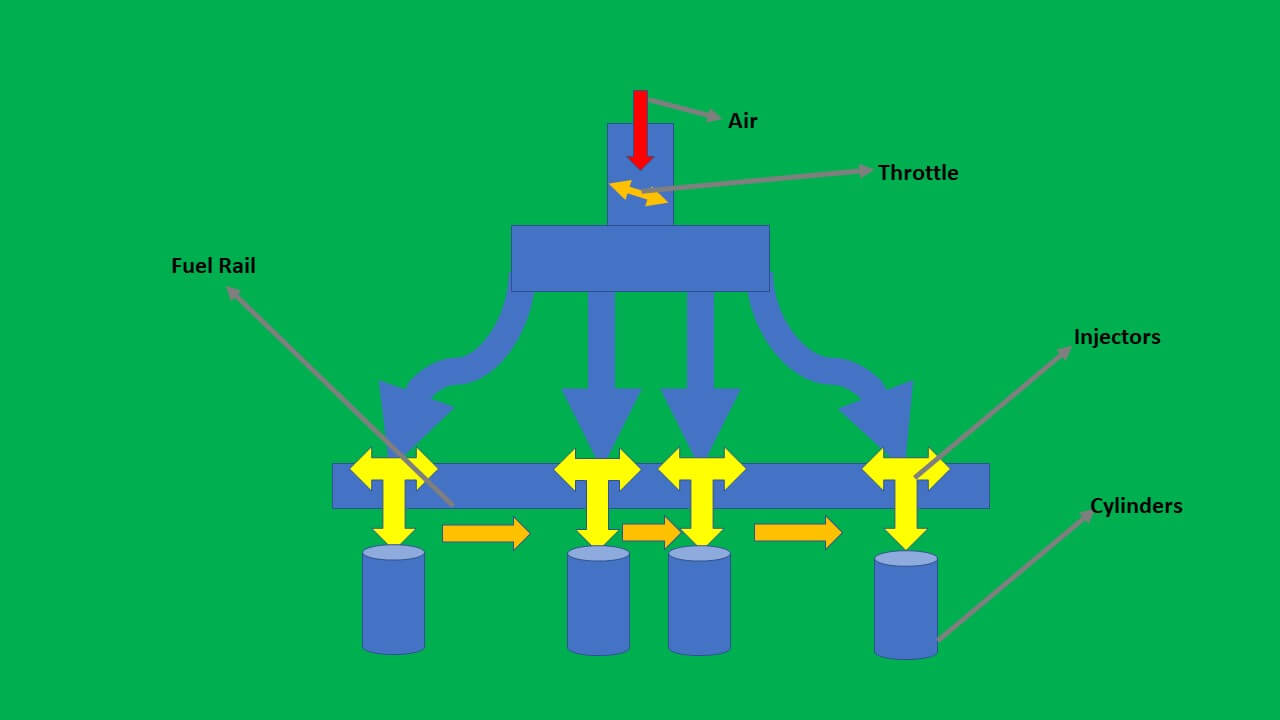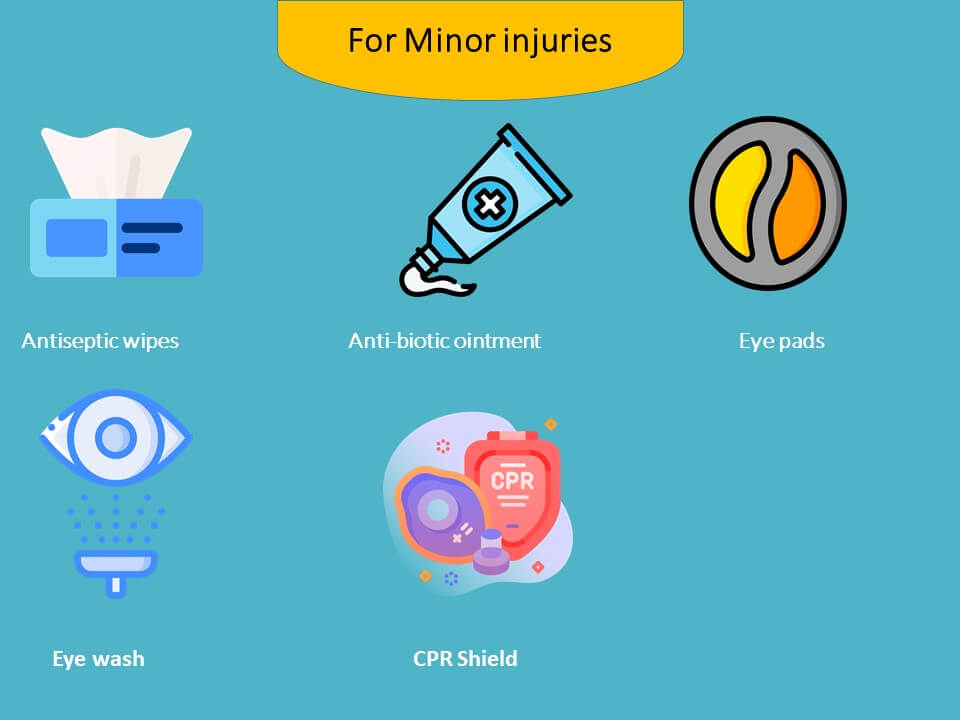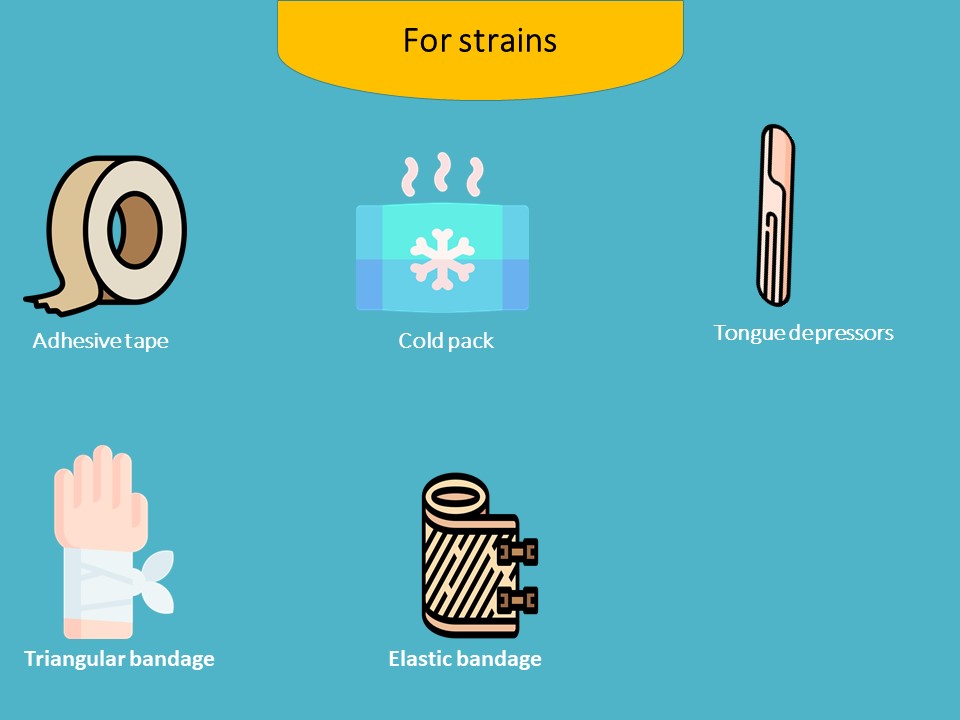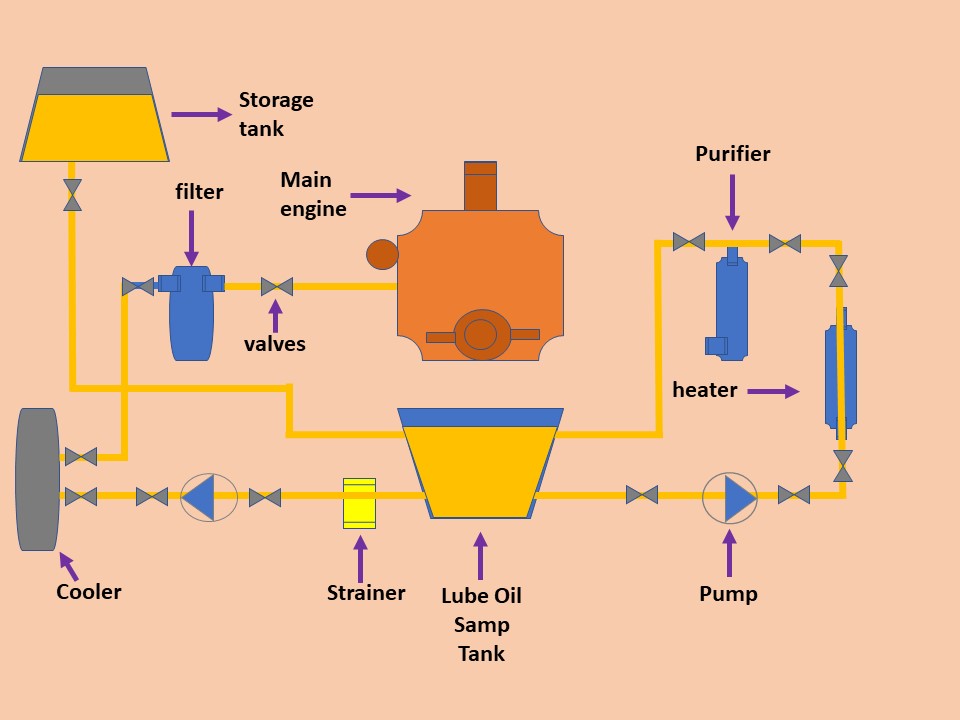10 Defensive Car driving techniques that can save your life
We use affiliate links and may receive a small commission on purchases. Read more about us.
Body language, mental fitness, vision error, sickness, and fatigue driver are some of the individual reasons why road crashes may happen.
Apart from these, some external factors like weather, other drivers' instability, poor lighting, and weak road conditions might also play a major role in enhancing the chance of road crashes.
As a conscious driver on the road, you may not control the externals, but you always can control those things that are at your hand.
That is what I call defensive driving. Believe it or not, defensive driving can save your life.
From my own personal experience of driving for more than 15 years, I am here to tell you the 10 defensive techniques of driving that can save your life-


Pre-drive inspection is the first step to avoiding any driving uncertainty
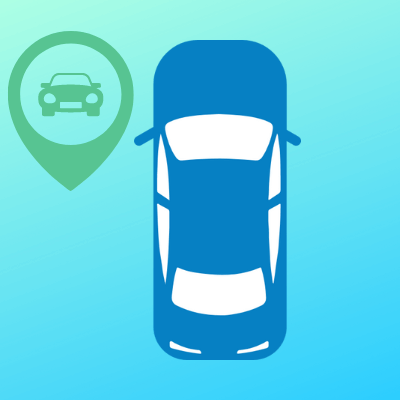

Think about it for a second, you are in the middle of the highway, and your motor vehicle is behaving abruptly.
A fragile condition, right?
Pre-drive inspection of your vehicle before you move on the road is, therefore, more than important.
By the term ‘‘pre-drive inspection’’, I am emphasizing to check-
- The tires
- Any leaks under your vehicle
- Headlights, tail lights, and turn signals
- The mirrors
Even if you drive better, believe that anything might happen
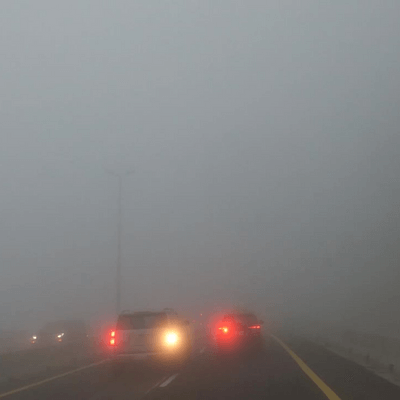

Trust me, I have seen it too many times even in the case of expert drivers who have faced collisions on the road. And some of the cases were more than serious.
Therefore, planning ahead to stay conscious on the road is the preliminary and most important step to avoid collisions with other cars.
Focus on your body language. Try to stay active while driving instead of taking it lightly.
No matter whether you learn driving from your parents, friends, or an agency, the first technique of defensive driving is always to stay active.
The focus ought to be on the surroundings, not on the car in front or behind of you
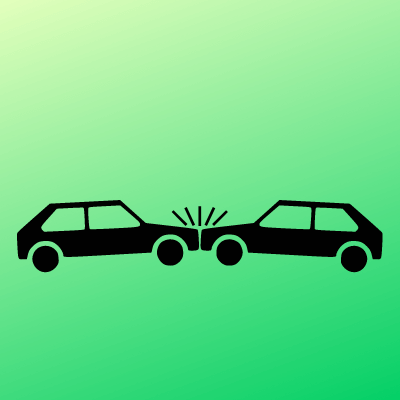

This is an important defensive driving technique, especially when you have to cross an intersection. One of my friends who has somehow managed to save his life despite facing a severe car accident described the incident as follows-
‘’I was about to cross the intersection, and the road seems to be free enough to take the turn. All of a sudden, a sedan came out of nowhere and collided with the back of my car. Thanks to the God Almighty that I was wearing the seat belt’’.
I know that it is almost impossible looking at everything that surrounds you. Doing so might also bring distractions. But check the mirrors every 5 seconds when you are in the city and 8 seconds on the highway.
Buckle up, it’s more important than you think
Remember what my friend said after getting his life back, ‘’Thanks to the God Almighty that I was wearing the seat belt.’’
Do not get into the battle without taking the right kind of preparation.
Even if you drive short on a free road, buckling up the seat belt is something that no driver should ignore.
Fastening the seatbelt is similar to wearing a helmet.
At moments, you will thank God that you did so.
Stop far enough behind the vehicle in front of you
Defensive driving means letting it go.
When you will have to stop at an intersection, ensure that you are keeping more space than necessary between your car and the vehicle in front of you.
It is better to maintain such a distance that would allow you to see the tires of the vehicle touching the pavement.
If you are an avid reader who always loves to know more, this document is what you need to see.
Road rage is injurious to health
You are practicing defensive driving should not mean that all the drivers on the road will be like you.
Stay cool when another driver cuts you off. Remember that defensive driving is the complete opposite of road rage.
It is okay if one or two slang come out of your mouth, but it is never okay if you lose your temper.
Let that culprit go on his way, and you move on your own.
Getting into a competition might not only make the situation worse but also can keep you off for the whole day.
Let other drivers know your next move
When the driver behind you can predict your next move, avoiding collisions becomes easier.
Despite having the turn signal light on the car, even conscious drivers seem to avoid using it.
As a result, collisions between the intersections have become more frequent.
The number of automobiles on the road is sure to increase over time.
But if the drivers do not pay any heed to the things that they should be doing, the number of uncertain accidents is sure to increase with time as well.
Stay away from distractions
Eating and checking cell phones while driving are two of the most common reasons behind road accidents.
Be proactive and focus on the task that is at your hand. Checking social media, surfing the web, and listening to music does not bring any benefit when you are driving.
When you are practicing defensive driving, practice defencing your temptation as well.
Never or ever overload your vehicle
Overloading a vehicle can alter its stability. When you need to load your vehicle, ensure that you are doing so within the specified perimeter.
If you are carrying anything on the roof of your car, ensure that this does not block your vision.
To know more about driving hazards and how you should behave, check this presentation on Defensive driving.
Maintain the traffic signals
Last but not least; always follow the traffic signals whenever you are driving. a sensible driver never goes against the laws.
What's the need of getting a ticket when you can avoid getting one?
When everyone follows the rules, things actually become easier to control.
Be a sensible citizen of your country.
If you want more defensive driving techniques and safety tips, you may check this extract written on the same topic.
Summing up
Every 16 minutes, a person dies in a car crash. Over 2 million car injuries happen annually. A little awareness of the drivers is what it takes to remain safe on the road.
Defensive driving means remaining proactive as long as you stay on the road. It is about focusing on the things that you can control, and paying no heed to the externals that can alter your concentration.









